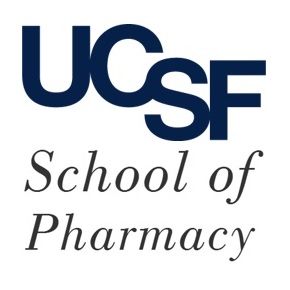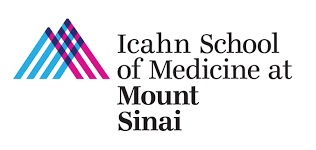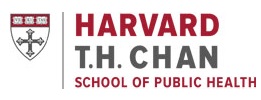Submitted by ja607 on
| Title | Impact of admixture and ancestry on eQTL analysis and GWAS colocalization in GTEx. |
| Publication Type | Journal Article |
| Year of Publication | 2020 |
| Authors | Gay, NR, Gloudemans, M, Antonio, ML, Abell, NS, Balliu, B, Park, YS, Martin, AR, Musharoff, S, Rao, AS, Aguet, F, Barbeira, AN, Bonazzola, R, Hormozdiari, F, Ardlie, KG, Brown, CD, Im, HKyung, Lappalainen, T, Wen, X, Montgomery, SB |
| Corporate Authors | GTEx Consortium |
| Journal | Genome Biol |
| Volume | 21 |
| Issue | 1 |
| Pagination | 233 |
| Date Published | 2020 09 11 |
| ISSN | 1474-760X |
| Abstract | BACKGROUND: Population structure among study subjects may confound genetic association studies, and lack of proper correction can lead to spurious findings. The Genotype-Tissue Expression (GTEx) project largely contains individuals of European ancestry, but the v8 release also includes up to 15% of individuals of non-European ancestry. Assessing ancestry-based adjustments in GTEx improves portability of this research across populations and further characterizes the impact of population structure on GWAS colocalization. RESULTS: Here, we identify a subset of 117 individuals in GTEx (v8) with a high degree of population admixture and estimate genome-wide local ancestry. We perform genome-wide cis-eQTL mapping using admixed samples in seven tissues, adjusted by either global or local ancestry. Consistent with previous work, we observe improved power with local ancestry adjustment. At loci where the two adjustments produce different lead variants, we observe 31 loci (0.02%) where a significant colocalization is called only with one eQTL ancestry adjustment method. Notably, both adjustments produce similar numbers of significant colocalizations within each of two different colocalization methods, COLOC and FINEMAP. Finally, we identify a small subset of eQTL-associated variants highly correlated with local ancestry, providing a resource to enhance functional follow-up. CONCLUSIONS: We provide a local ancestry map for admixed individuals in the GTEx v8 release and describe the impact of ancestry and admixture on gene expression, eQTLs, and GWAS colocalization. While the majority of the results are concordant between local and global ancestry-based adjustments, we identify distinct advantages and disadvantages to each approach. |
| DOI | 10.1186/s13059-020-02113-0 |
| Alternate Journal | Genome Biol |
| PubMed ID | 32912333 |
| PubMed Central ID | PMC7488497 |
| Grant List | U01HG009431 / NH / NIH HHS / United States U01HG009080 / NH / NIH HHS / United States R01HG008150 / NH / NIH HHS / United States R01HG010067 / HG / NHGRI NIH HHS / United States K99 MH117229 / MH / NIMH NIH HHS / United States 5T32HG000044-22 / HG / NHGRI NIH HHS / United States R01HL142015 / NH / NIH HHS / United States P30 DK020595 / DK / NIDDK NIH HHS / United States |





